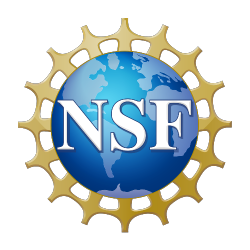The Course Assessment for Skill Transfer (CAST) framework is a conceptual tool for course designers, instructors or external evaluators to create and implement a custom 21st century skills assessment for existing or in-development courses.
Ultimately, using CAST to assess a course in one or more of these four concept areas (Identify Skills, Review Course, Assess Outcomes, Check for Transfer), can empower instructors and course designers to strengthen the claims they can make about skills students gain from their course, in a broader effort to connect students and workers with reliable upskilling/reskilling learning opportunities.

